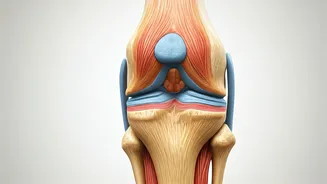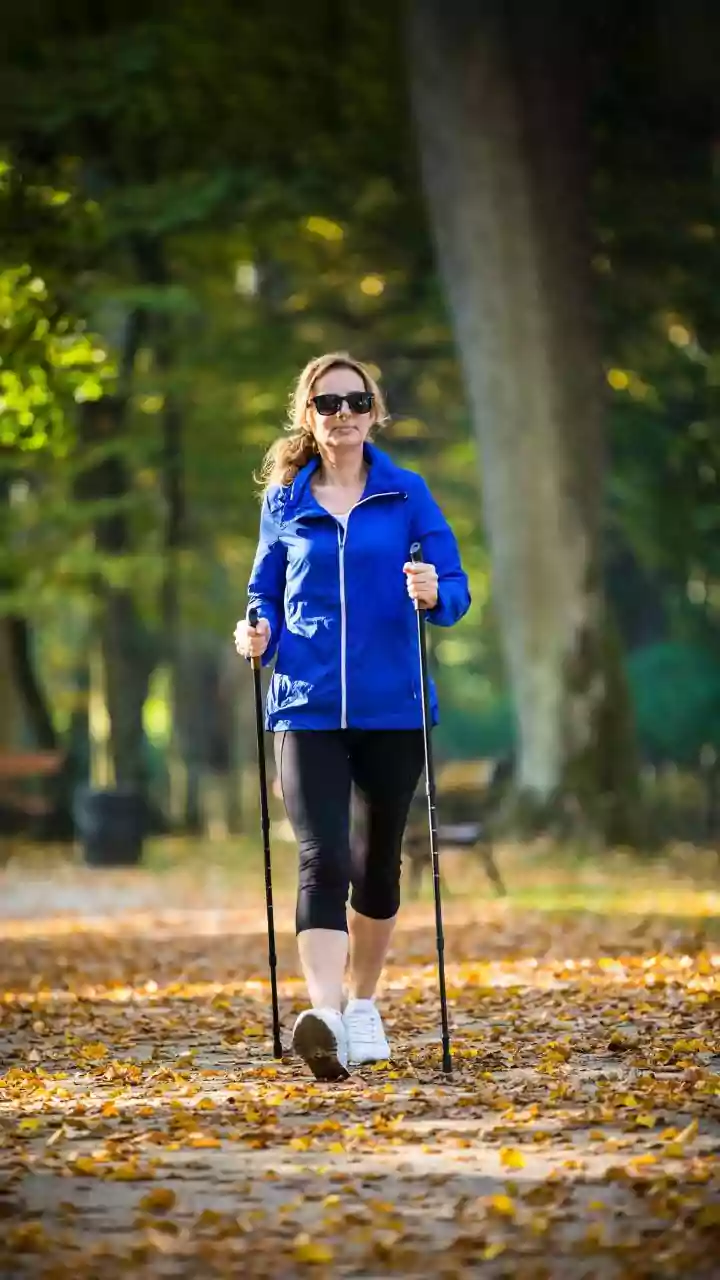Boosting Physical Strength
Squats are a foundational exercise, renowned for their ability to significantly enhance lower body strength and muscle tone. Regular squatting engages
multiple muscle groups simultaneously, including the quadriceps, hamstrings, glutes, and core. This multi-joint movement not only builds muscle but also improves overall functional fitness, making everyday activities easier. The repetitive nature of squatting stimulates muscle fibers, prompting them to grow stronger and more resilient. Moreover, the act of squatting promotes bone and connective tissue strengthening, contributing to improved joint stability and reduced risk of injury. The progressive overload principle, where you gradually increase the intensity or volume of your squats, further enhances these strength gains. By consistently challenging your muscles, squats help you develop a robust and powerful lower body, benefiting your overall physical capabilities and well-being.
Enhancing Body Control
Beyond pure strength, squats play a vital role in enhancing balance, posture, and overall body control. When performed correctly, squats require you to maintain a stable core and a balanced position, which naturally improves your proprioception – your body's awareness of its position in space. This heightened awareness translates to better coordination and control in all your movements. Squats also encourage good posture by strengthening the muscles that support your spine and pelvis. Improved posture can alleviate back pain and enhance your overall appearance. The controlled descent and ascent in a squat promote the development of a balanced and functional body. By mastering this exercise, you not only build physical strength but also gain greater control over your body, leading to better coordination, stability, and improved overall posture, making everyday movements more efficient and graceful.
Improving Joint Mobility
Squats can significantly improve joint mobility and flexibility. This exercise encourages a full range of motion in the hips, knees, and ankles. Regular squatting helps to lubricate the joints, reducing stiffness and increasing flexibility. The act of moving through a squat actively stretches the muscles and connective tissues surrounding the joints, enhancing their ability to move freely and without restriction. This increased flexibility reduces the risk of injury and improves the ease of everyday activities. By consistently squatting, you promote the production of synovial fluid, which nourishes the joint cartilage and keeps them healthy. Furthermore, improved joint mobility enhances athletic performance by increasing the range of motion available for movement. Squats, therefore, are an excellent tool for maintaining and enhancing joint health, making your body more adaptable and resilient to the challenges of daily life and physical activity.
Supporting Healthy Aging
Regular squatting has a positive impact on promoting healthy aging along with mobility. As we age, maintaining muscle mass and bone density becomes increasingly important. Squats are an effective way to stimulate muscle growth and maintain bone strength, which helps to counteract the natural decline associated with aging. By engaging multiple muscle groups and putting a controlled load on the skeletal system, squats help to strengthen bones and connective tissues, preventing the onset of age-related issues such as osteoporosis. Furthermore, the improvements in joint mobility and flexibility contribute to maintaining an active lifestyle as you grow older. Consistent squatting supports functional fitness, allowing individuals to maintain their independence and mobility. By incorporating squats into your exercise routine, you can proactively address the physical challenges of aging and maintain a higher quality of life. This makes squatting a valuable practice for those looking to age gracefully.
Mood and Exercise
Recent research suggests that even a few minutes of exercise, including squats, can significantly lift your mood. This mood-boosting effect stems from the release of endorphins, natural chemicals in the brain that have pain-relieving and mood-enhancing properties. Exercise can act as a natural antidepressant, helping to reduce feelings of anxiety and stress. Regular physical activity, such as daily squatting, is linked to improved mental well-being and a greater sense of overall happiness. The benefits extend beyond just the immediate mood lift; consistent exercise can also improve sleep quality, which in turn contributes to better mental health. Squatting can become a powerful tool in your daily routine to combat feelings of low mood and enhance your overall sense of well-being. By integrating exercise into your life, you are not only improving your physical health, but also actively nurturing your mental and emotional state.
Squats: Potential Cautions
While squats offer numerous benefits, there are certain individuals who should exercise caution before performing them. Individuals with existing knee or back problems should consult with a healthcare professional before starting a squat routine. Incorrect form can exacerbate these conditions. People with pre-existing joint issues might need to modify their squat technique or avoid deep squats altogether. For those with a history of injuries or specific health conditions, it's essential to consult with a physiotherapist or certified trainer to ensure the exercise is performed safely and effectively. Additionally, individuals who are new to exercise should begin slowly, focusing on proper form before increasing the number of repetitions or weight. Listening to your body, recognizing when to rest, and avoiding overexertion are all crucial aspects of a safe squatting practice.




















